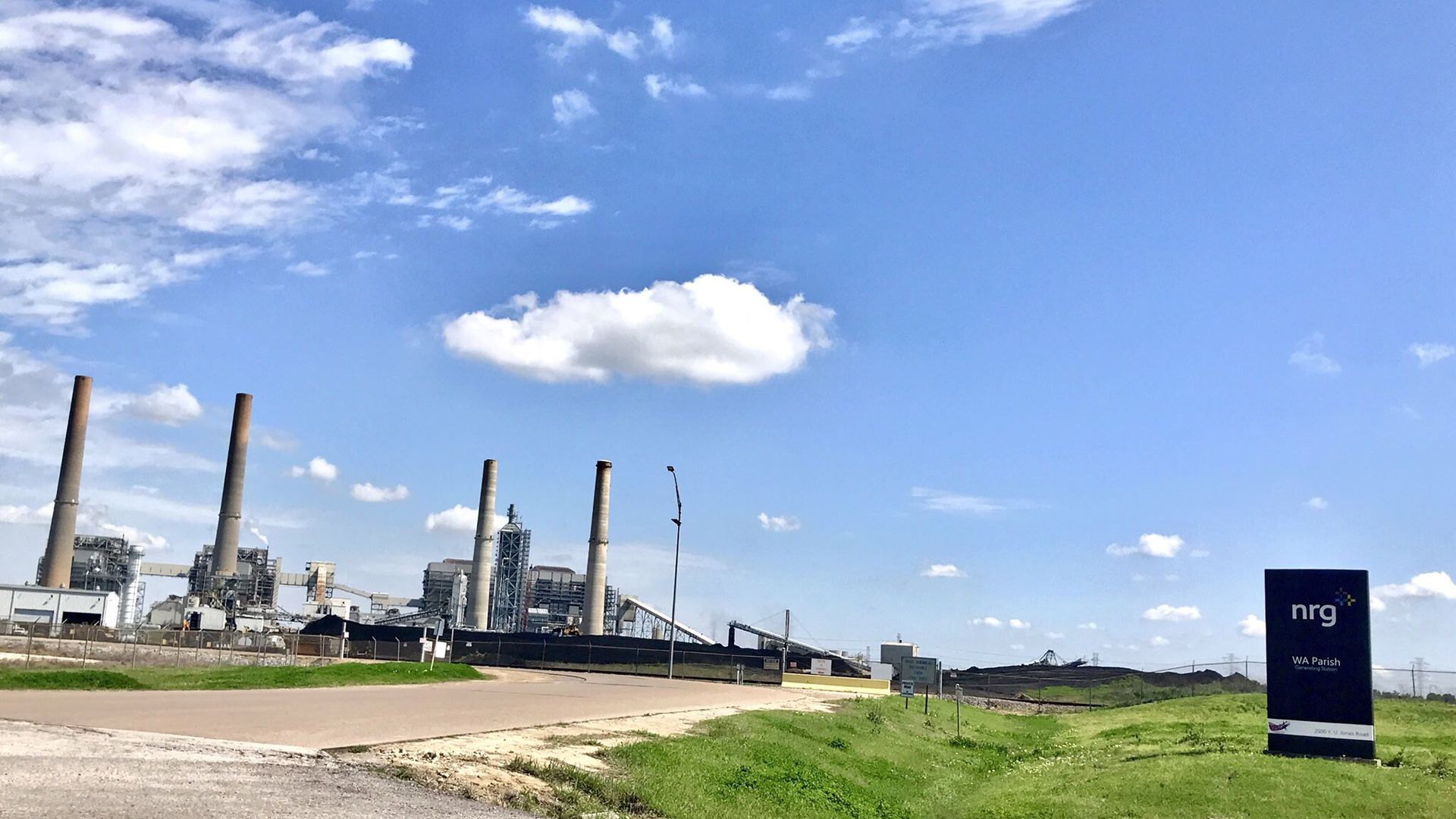Mar 5, 2018 - Energy & Climate
Saudi tech chief lauds U.S. carbon tax credit
Add Axios as your preferred source to
see more of our stories on Google.

Petra Nova, located just south of Houston, is America’s first commercial carbon capture plant. It began operating in April 2017. Photo: Amy Harder / Axios
